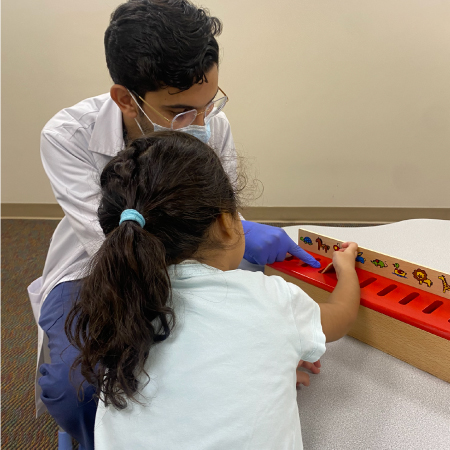
News & Events

Heart Disease: Risks and Prevention
Did you know that heart disease is one of the leading causes of death worldwide? Learn how to prevent the chances of suffering from heart disease through controlling risk factors and leading a healthier lifestyle.
People with certain risk factors are more likely than others to develop coronary artery disease. Having one or more risk factors does not mean that a person will get coronary artery disease. It is also possible to develop the condition without any risk factors.
Your health care provider will talk to you about your personal risk factors. Some risk factors for heart disease cannot be controlled. Age is a risk factor. Men age 45 or older and women age 55 or older have a higher risk for heart disease. Family history is also a risk factor for heart disease that cannot be controlled. Your risk of heart disease is higher if you have:
- A father or brother who developed heart disease before age 55.
- A mother or sister who developed heart disease before age 65.
There are many risk factors that you can control that contribute to the narrowing of the coronary arteries. The major risk factors for atherosclerosis include: Unhealthy cholesterol levels, poor diet, high blood pressure, smoking, lack of exercise, stress, being overweight or obese, and diabetes. Eating Healthy Eating certain foods can increase your risk for heart disease, while eating other foods can decrease your risk. Eating right is an important step to lower your risk of coronary artery disease. You can help keep your heart healthy by eating more nutrient-rich foods, and less refined, processed and fast foods.
Vegetables and fruit are good sources of vitamins and minerals. They are also low in calories and rich in dietary fiber. Eating more vegetables may fill you up so you eat less of other less healthy foods and reduce your risk for heart disease. Eating the right types of fat can help you prevent heart disease.
Getting the right balance of omega 3 and omega 6 fatty acids is important. Healthy sources of fat include: Avocados, olive oil, salmon and other fatty fish, and raw nuts and seeds. Nuts and legumes, such as beans, peas and lentils are good sources of protein. Lean animal products, such as skim milk, low-fat cheese and lean meats and poultry are also good sources of protein. Limit foods with saturated fat, such as egg yolk, full-fat dairy products, full-fat cheese and red meat.
Avoiding certain foods can help you prevent heart disease. Foods to avoid include:
- Fried foods.
- Processed foods, such as chips and baked goods.
- Anything that contains trans fat. Trans fat is found in many man-made products, such as baked goods, margarine, coffee creamer and fried foods.
Food labels may list 0 grams of trans fat, but if the ingredient list contains the words "partially hydrogenated," it does contain some trans fat. Any amount of trans fat is dangerous.
Controlling Blood Pressure
High blood pressure, also called hypertension, contributes to the narrowing of the blood vessels of the heart, brain and kidneys. It can lead to heart attacks, strokes and kidney failure. Hypertension may not have any symptoms. It is important to have your blood pressure checked often. Salt can increase blood pressure, so limit the amount of sodium you eat.
Quitting Smoking
Smoking is a major risk factor for heart disease, lung cancer, emphysema, and strokes. Quitting smoking can be hard. But many programs have been developed to help people stop smoking. Talk to your health care provider about a plan to help you quit.
Exercising
Exercise can help you control your weight and decrease stress levels. This can help lower your cholesterol levels and your blood pressure. Talk to your health care provider before starting an exercise program. Your health care provider can help you plan an exercise routine that is right for you. If you haven't been active for a while, start slowly and build up the intensity gradually. Ask your health care provider what kind of exercise goals you can safely set for yourself.
Weight Management
Being overweight or obese can increase your risk for heart disease, as well as diabetes and hypertension. A well-balanced diet and regular exercise can help you control your weight. Lose weight slowly. Losing weight over a longer period of time may help you keep it off. Your health care provider or nutritionist can help you achieve your goal weight. The key to successful weight loss is a commitment to making permanent changes in your diet and exercise habits.
Managing Stress
Heart attacks are more common in people who do not cope well with stress. Though you cannot always control things that cause stress, you can learn how to manage stress. This can help reduce your risk of heart disease. To manage stress, be aware of the situations that cause it. Once you identify the situations that cause you stress, you have several options for coping.
Stress has many causes. You may feel stressed by:
- Your routine. This includes stress caused by work, family and other daily responsibilities.
- Sudden life changes, such as job loss, divorce or illness.
Avoiding stressful situations can sometimes help prevent stress. If traffic jams upset you, try to avoid driving during rush hour.
Sometimes it is not possible to avoid situations that cause stress. Instead, practice making a stressful situation positive. For example, listen to your favorite music during rush hour traffic.
Breathing techniques are simple and effective ways of controlling stress. Consciously breathing more slowly and deeply while focusing on the positive can help a person relax.
Learning other ways to relax can help manage stress. Many people benefit from daily practice of stress reduction techniques, such as mindfulness, Tai chi or yoga, or meditation.
Exercising regularly can help reduce stress. Getting enough sleep may also reduce stress caused by tiredness.
Seeking support and help from family and friends can also help prevent stress.
Knowing Your Other Risk Factors
Other risk factors can also contribute to heart disease. A family history of heart disease increases the chance of having heart problems. A high level of LDL cholesterol in the blood or a low level of HDL cholesterol is another risk factor for heart disease. People with diabetes have a higher risk of developing heart disease. Diabetes is a disease where the body is unable to handle digested food normally. This causes a rise in blood glucose, also called blood sugar. If diagnosed early, diabetes may be prevented or controlled through diet, medication exercise, and weight management.
Visit the Heart and Vascular page to learn more about our heart and blood vessel treatments, services, and procedures and to view profiles of our Heart and Vascular physician experts.
__PRESENT

World Breastfeeding Week
JHAH joins the World Alliance for Breastfeeding Action and the MOH in supporting World Breastfeeding Week

How to sleep better
A good night’s sleep can help repair damaged heart and blood vessels. We have simple tips to help you sleep better
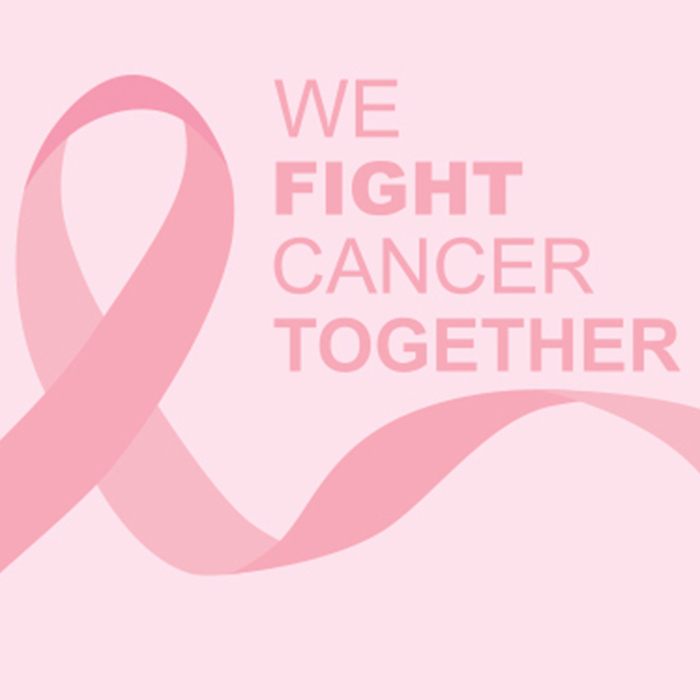
The fight against breast cancer
The good, and bad news about breast cancer – and how to fight it
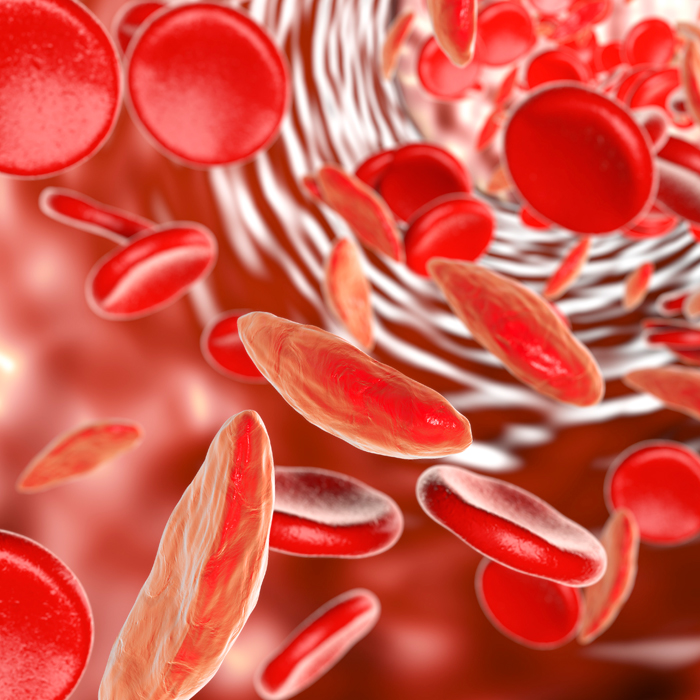
Tackling the pain of sickle cell
Find out how changes to how we manage the pain of sickle cell disease have led to a massive drop in emergency care and hospitalization

Immune System Boosting Meal Plans
A few ideas for a good nutrition program that can help strengthen your immune system

Tips to Strengthen your Immune System
There are many health and nutrition tips that can boost your immune system

Top Tips to Controlling Your Diabetes
The Kingdom is the second in the Middle East and the seventh globally in the rate of Type 2 diabetes, find out how you can take control of your diabetes and lead a healthy life
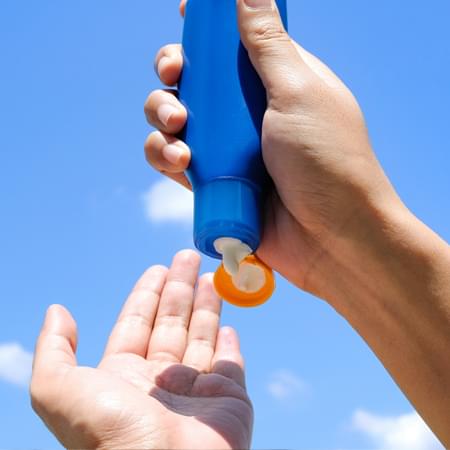
Protect Yourself from Sun Exposure
Health issues related to sun exposure and how you can protect yourself

Nutritional Values of Fruits in Summer Season
Include fruits in your daily menu, in whichever way you like, and stay healthy

Survive a heart attack when alone
Heart attacks often occur when people are alone. Knowing what to do when heart attack symptoms come on can save your life

Obesity Preventive Tips
Encouraging people who suffer from obesity to take part in safe solutions to weight loss, lifestyle change, and weight maintenance
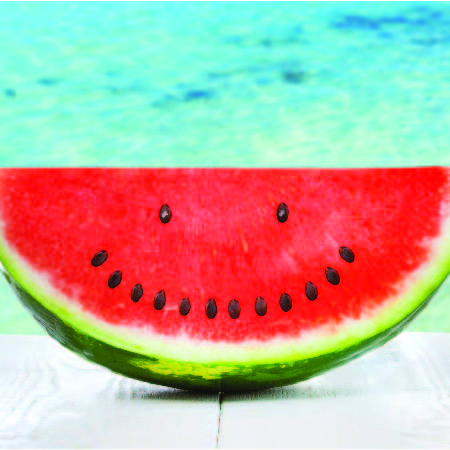
Staying cool and healthy during the summer
We tend to forget that the sun’s shine and brightness can be quite harmful during the summer. Tips to stay healthy and cool during summer
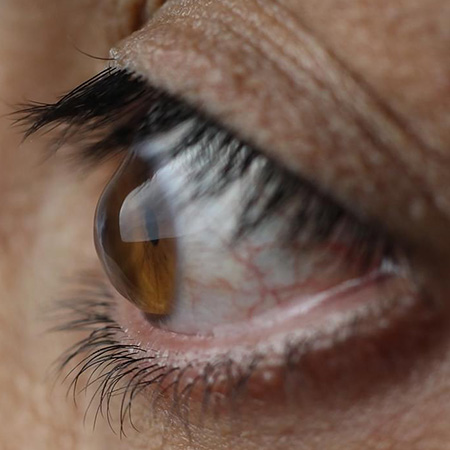
Keratoconus diseases
Keratoconus is an eye disease that affects the Cornea, the clear transparent part of the eye. This disease causes progressive thinning and protrusion of the cornea giving it a conical shape.

Medication Safety Tips
No matter what type of medicine your doctor prescribes, it's always important to be safe and follow medication safety measures
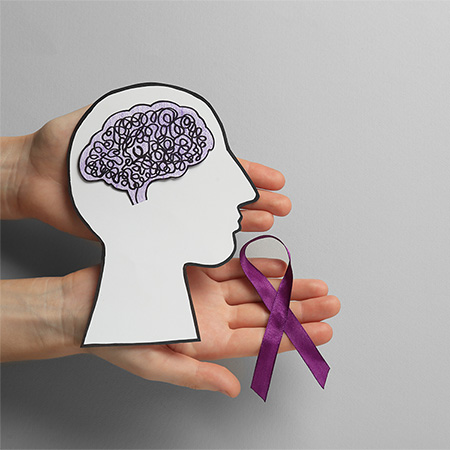
Alzheimer’s Disease
Learn about Alzheimer’s disease, it's symptoms, causes and risk factors, and what to do if you have Alzheimer's disease

Fight Breast Cancer Tips
Proper nutrition and exercise play important roles in reducing the risk of breast cancer

Antibiotics
Learn how to properly use antibiotics to avoid resistance and protect your health

Effective Medication Depends on Efficient Communications
Collecting your medication from the pharmacist is not just a medication transaction but an opportunity to enhance your understanding of the medication and better care for your health.

From Prediabetes to Normal Blood Sugar
JHAH Tawazon Program works with pre-diabetic patients to help them modify their lifestyle to prevent or delay type 2 diabetes

Make the most of your Pharmacy Visit
Here are a few essential points to discuss with your pharmacist to better understand your medication to ensure your wellbeing.

The Four Cs of Food Safety
Four simple and practical guidelines that will help you to keep safe from food-borne diseases in your kitchen

Save lives, donate blood
Read our expert advice on blood donation guidelines and how you can play a role in saving lives

Essential Tips to Safeguard Medications in Summer
Protect your medications against the heat of summer with a few simple tips

Importance of Consuming a Healthy Breakfast
Start your day with nutritious foods to boost your energy and metabolism levels

Tips for Healthier Sweets
JHAH Clinical Nutrition and Food Services Unit is here to help you make your sweets healthier, lighter and heart friendly
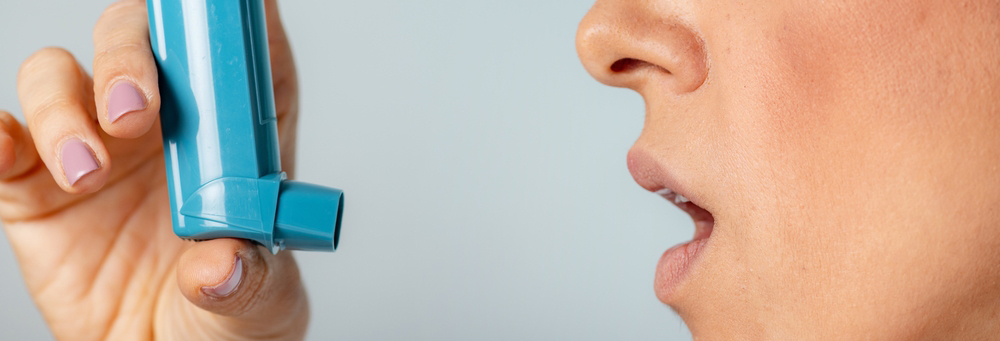
Asthma Inhaler Essentials: Techniques for Effective Use
Important techniques to ensure effective delivery of medications to the lungs

Recognizing Dehydration When Spending Time Indoors
Signs of dehydration indoors, symptoms to watch, and tips to stay hydrated even without thirst.

Al-Hasa Health Center Performs First Triple ENT Surgery
Three ENT surgeries significantly improve the breathing of a 21-year-old patient.
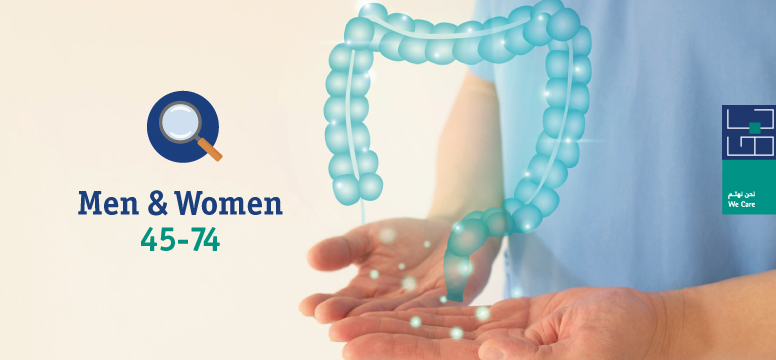
Colon Cancer Screening: A Crucial Step for Your Health
Colon cancer screening can detect the disease in its early and treatable stages

Adapting to Heat: Skin Care Tips
Scientifically backed tips to keep your skin in top condition.

Skin Care for Healthy Skin
Enjoy being outdoors while keeping your skin healthy, protected and radiant

Winter Wellness
Discover key tips to prevent infections this flu season and effective home remedies to manage cold symptoms.

The Importance of Vitamin D in Human Life
Explore the vital role of vitamin D in health and learn how to maintain adequate levels through diet and sunlight.

Breast Cancer: Know It, to Beat It
Explore essential insights on breast cancer, its risks, symptoms, and treatment options.

International COPD Day
Join us for International Chronic Obstructive Pulmonary Disease Day as we raise awareness and clear misconceptions.

Fall Prevention Tips
Explore the risks of falling and learn key effective prevention strategies.

Fight Anemia and Power up with Iron Rich Food
Iron deficiency anemia, its causes, symptoms and effective dietary strategies.

The Art of Pillow Selection
Discover the importance of selecting the right pillow for alleviating neck and shoulder pain and enhancing sleep quality.

Infection Prevention and Control Guidelines
Discover essential practices for reducing infection risks. Stay informed and protect your health and the health of others

Tips to Maintain Eye Health at Work
Relieve eye strain and improve focus with the 20-20-20 rule and other tips

Internet Safety Tips for Kids in Cyberspace
Help children stay safe online by teaching privacy, secure settings, and cyberbullying awareness

Your Health in Cold Weather
Boost immunity and well-being this winter with healthy habits, exercise, hydration and sleep

Strengthening children's muscles
Explore how children's exercise programs focus on neurological adaptation and muscle learning rather than muscle size alone
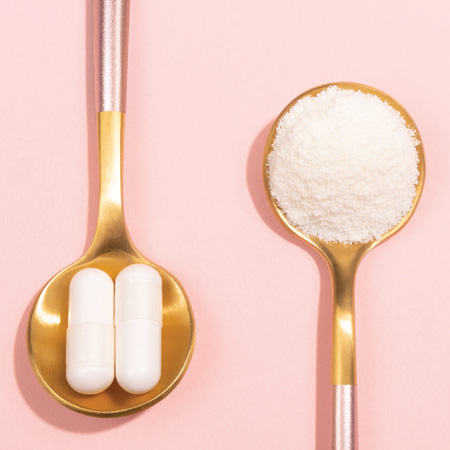
Should I take a collagen supplement?
Learn about collagen, its role in your body, and how diet and lifestyle impact its production

Managing Anxiety and Winter Depression
Tips for coping with seasonal challenges to boost your mood and wellbeing

Social Media & Gaming Addiction: Warning Signs, Risks, and How to Take Control
Hooked on social media or gaming? Learn how constant screen time could be harming your health and what you can do about it.

Importance of Vitamin D in Human Life: Key Aspects and Insights
Discover how Vitamin D plays a vital role in your health—from boosting immunity and mood to strengthening bones and supporting heart function.

Invisalign Clear Aligner Orthodontic Treatment
Looking for a discreet way to straighten your teeth? Invisalign clear aligners at JHAH offer a comfortable, effective, and nearly invisible alternative to braces.

Minor Illness Management
Feeling under the weather? Discover practical tips to care for yourself or your child at home when dealing with flu or stomach illness.

Immunization Issues
Vaccines, immunity-boosting tips, and hygiene habits that help you stay healthy and reduce the spread of seasonal viruses.

Using Opioid Medications Safely
Opioids can relieve pain—but only when used correctly. Discover essential safety tips and warning signs every patient and caregiver should know.

Why you should quit
Smoking harms nearly every body organ. The earlier you quit, the greater the health benefit. Learn how

Healthy and Fun Lunchbox Ideas for Kids
Give your kids the energy boosts they need with colorful, balanced lunchbox ideas that stay fresh until lunchtime.

Helping Children Adjust in the First Weeks of School
Starting school can be emotional for kids and parents. Learn simple ways to ease anxiety, build steady routines, and make the first weeks a positive experience

Working Together for a Healthy School Year: Hygiene Tips for Kids, Parents, and Teachers
Keeping kids healthy is a team effort. Explore fun, practical ways for parents and teachers to teach good hygiene, reduce sick days, and keep classrooms thriving

Protecting Children from Sun and Heat at School
Help your child stay cool and safe at school with easy sun protection, hydration tips, and guidance for healthy outdoor play

School Bus Safety Practices
Safe bus rides start with parents. Learn easy rules and reminders to keep kids safe, confident, and stress-free on every school journey

Study Tips for Kids: Reducing Stress and Boosting Confidence
Make homework stress-free with simple study routines, fun habits, and confidence hacks that keep kids motivated to learn.

School Bedtime Tips for Kids: Better Sleep, Better Learning
Make school mornings smoother with simple sleep tips that build healthy routines, calmer evenings, and better focus for kids.
